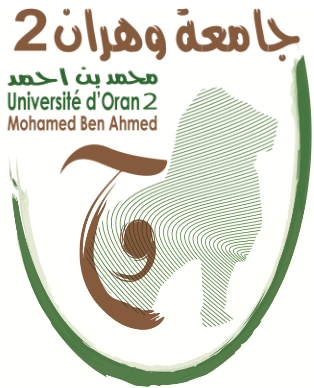Diaglossia And Educational Development Policy In Arab World
Résumé: In most Arabic countires, there is a diglossic situation where two variteis are in use, namely Fusha and Darija. The former is the high variety that is considered as a formal language and functions as the official statanrd language in all Arab countirs and the latter is a low variey and can be considered as colloquial Arabic. Fusha can be seen as the modern descendant of Classical Arabic which is mainly used for writing in formal discourse in the Arab world and is learned through formal education. Darija, however, represents the mother tongue that is learned naturally and can be distinguished in a number of varieties that differ along geographical lines. The present paper focuses on the relationship between the Arabic diglosic situation and education. In such educaltional contexts, Fusha can be seen as a second language but in terms of teaching methodologies It is approached as the first language. This sociolinguistic situation delays literacy acquisition due to a lack of transparent relation between speech and literacy. There is a widespread of functional literacy due to diglossia, which has a negative effect on children’s aability to acquire reading and writing skills in Fusha. Continuous efforts to improve language policies in the Arab world are taking place, most of these attempts focus on pedagogical and linguistic suggestions to facilitate the learning of Fusha, while ignoring the diglossic situation and its effects on the learning process.
Mots-clès:
Publié dans la revue: Traduction et Langues
Nos services universitaires et académiques
Thèses-Algérie vous propose ses divers services d’édition: mise en page, révision, correction, traduction, analyse du plagiat, ainsi que la réalisation des supports graphiques et de présentation (Slideshows).
Obtenez dès à présent et en toute facilité votre devis gratuit et une estimation de la durée de réalisation et bénéficiez d'une qualité de travail irréprochable et d'un temps de livraison imbattable!


